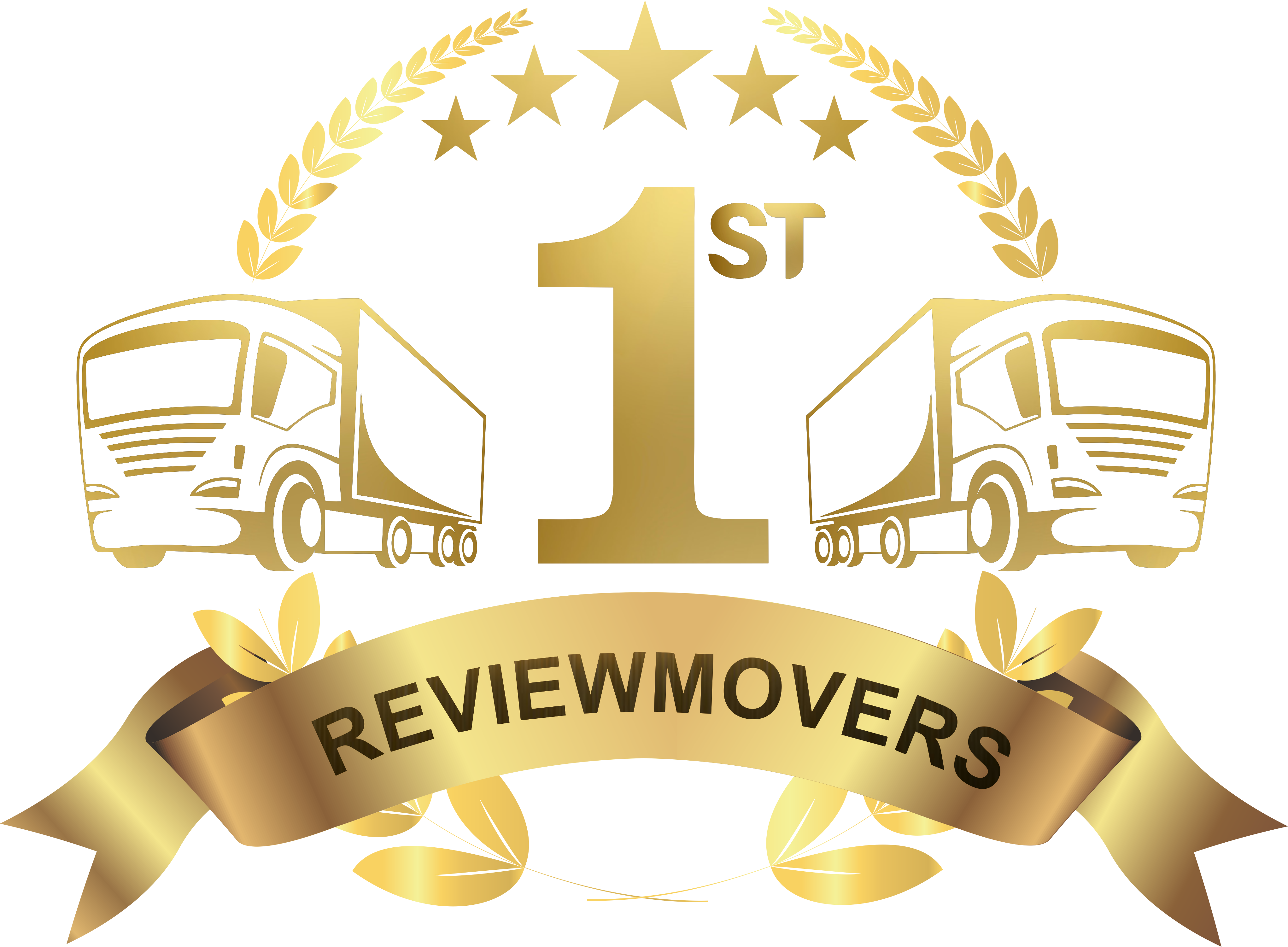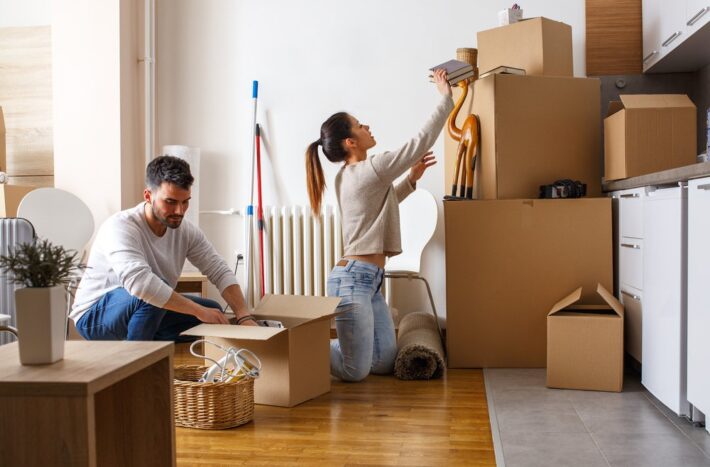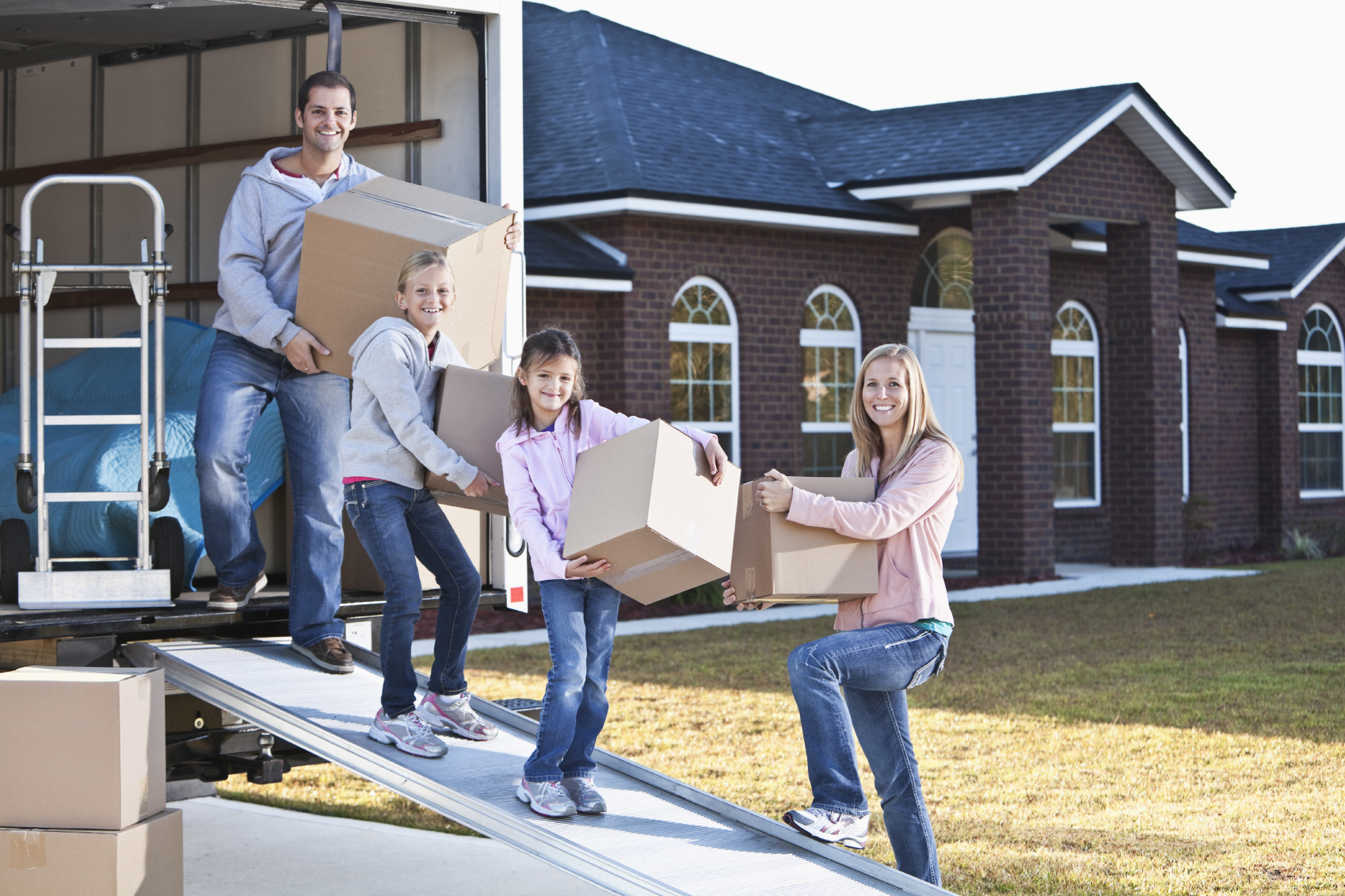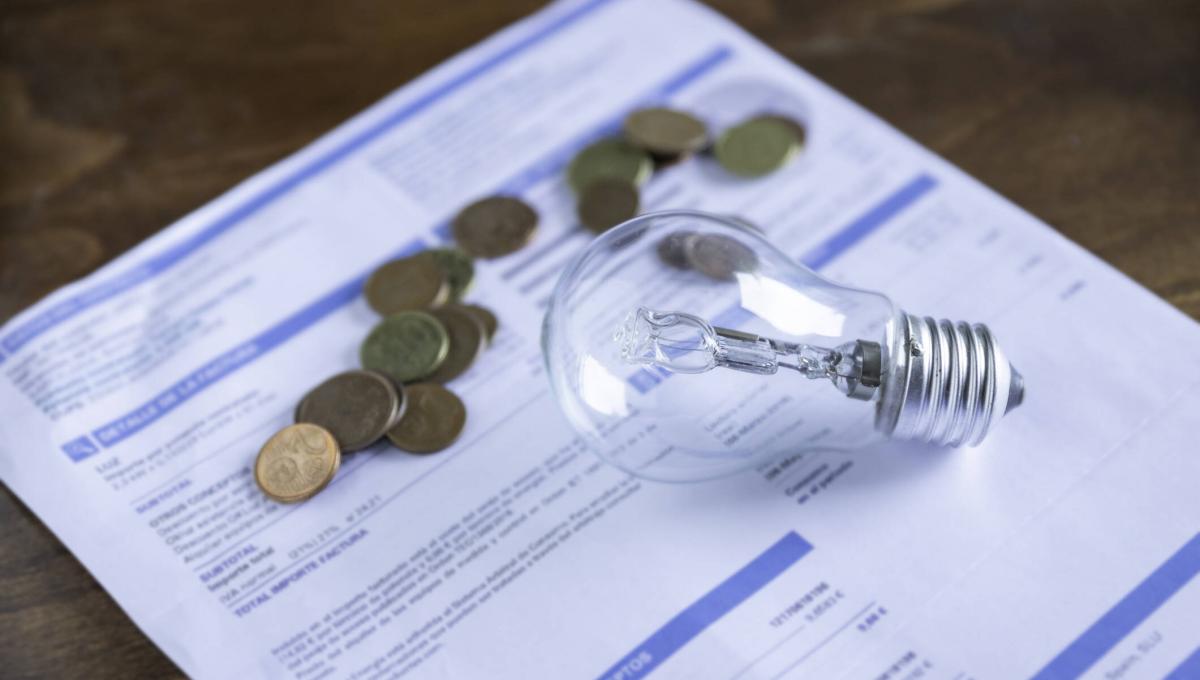Whether you're moving into an apartment or just bought a house, you need to prepare your utilities before you move out so you don't try to settle into life without heating, electricity, or Wi-Fi. (sigh!).
If this isn't your first step, you've probably already gone through the process of learning how to configure the tools. But that's not something we do often, and it's not always clear how to do it. To help you do that, we've put together this quick guide to setting up vehicles in your new home.
What utilities do I need?
Depending on where you live and the terms of your lease or HOA (if applicable), you may be responsible for all or only some of these household utilities.
Electricity
Having electricity is essential. The average home or apartment in the US uses about 911 kWh of electricity per month. Costs vary by state. For example, the average electricity bill in Louisiana is $81, in Rhode Island it is $170, and in Hawaii is $246.
Natural gas
In homes or residences, natural gas can be used to heat buildings and water, cook, and dry clothes. According to the U.S. Energy Information Administration, about half of U.S. households use natural gas for space and water heating. In 2020, the residential sector accounts for about 15% of total U.S. natural gas consumption, and natural gas supplies about 23% of total U.S. residential energy use. If your residence or home uses electricity for air conditioning, heating, and power to the stove and oven, you may not have a gas bill at all.
Water and sewer
If this is not included (if you are renting), it is your responsibility to install the plumbing in your residence or home. The payment method depends on your location. It could be a fixed price, an initial quote, and so on. The monthly bill includes the so-called "Necessities" and the monthly water consumption. “What is essential” includes State Department of Health water quality testing (this can be seen under the “Safe Drinking Water” section of your bill), sewer infrastructure, and facilities drinking water infrastructure.
Cleaning fees (waste and recycling) may also be included in your bill, depending on where you live. Water usage charges are based on gallons of water used to wash dishes, shower and flush toilets; the number of gallons of wastewater discharged; and city sales tax. Of course, this is just an example, rates and types of rates vary by state and municipality.
Trash and recycling pickup
You will pay a monthly fee for both. Toll rates vary by state. The collection and recycling of household waste is usually authorized and supervised by local authorities. Receipt dates will vary, as will what is considered recyclable where you live (plastic, cardboard, glass bottles and cans, aluminum cans, steel cans). According to one study, Maine has the highest recycling rate in the country while West Virginia has the lowest.
Cable and internet
As long as you use the data, you have to pay the provider for the privilege. This happens unless you are using public Wi-Fi or using someone else's internet service. You can access the Internet via DSL, Cable Internet, Mobile Network Operator or Local Telephone Operator. Each provider will have a different plan, but some common fees include a monthly usage fee that is negotiated with your plan and calculated in GB, taxes, hardware costs (funding a shiny new iPhone or pay for router etc). ), additional overdraft fees and other fees. While it's not necessary to have cable at home, especially with all the streaming services available, safe and reliable internet access is important to most of us.
Home security
Another small tool, but millions of homeowners choose to install it for extra peace of mind. Fees and charges may include hardware and installation (unless you do it yourself) and monthly monitoring fees. If you rent an apartment, you may already have some type of home security system in place (such as gate locks and cameras) or you may want to install your own.
If you're renting and you're not sure what utilities you'll be responsible for, check the lease. If you see the word "heating" there, note that the heat is covered by your electricity or natural gas bill (depending on the type of heating in your apartment). Some landlords also include heating in their monthly rent. If you have any questions about the media, please contact the owner directly.
How to set up utilities
You will have to configure each tool separately. It's generally a good idea to start the process three weeks before migration, although some tool settings offer more freedom than others. As a general rule, however, you should notify utility providers as much as possible, especially if they have to go out and configure the service manually.
With that information in mind, here's how to set up the tools so they're ready to go.
Determine who your providers are (three to four weeks before your move)
With that information in mind, here's how to set up the tools so they're ready to go.
Contact utility companies (two weeks before your move)
Now that you know who your providers are going to be, you can get in touch. If you already have utilities set up in your current home, you’re going to need to either transfer your existing utilities or cancel your existing utilities and set up new ones. If you’re starting from scratch, you’ll just need to set up new ones.
- If you need to transfer utilities: This applies unless some utility provider changes between your current home and your new home. In this case, you will have to contact the provider and tell them that the service needs to be moved elsewhere. You'll need to enter your new address, as well as the exact date when the service was turned off in one home and turned on in another.
- If you need to cancel media: This is when you need to change providers. Contact the provider of the tool you want to cancel and let them know that you want to disable this service. They will need to know the address where you deactivated the service, as well as the exact date your account was closed.
- Set up a new service: To set up a new service, visit the new provider's website. Information is required on how to set up the tools and if not, call them directly. You will need to give them the address you are looking for to install the tools as well as the date required to start the service.
Today, most utilities also ask for payment information in the form of a credit card or checking account and a routing number. Some may also require a credit check and/or collateral. Find out exactly what is required of you before starting the application process so you have everything ready to go.
Note that if you are renting an apartment, your landlord may require proof that you have agreed to install the utilities. Find out how long in advance you will need to give this information so you can call health care professionals early if needed.
Check that utilities have been successfully turned off/on (moving day)
There is always the possibility of errors when moving, canceling, or configuring tools. For this reason, you should make sure everything goes as intended, especially if you don't want to end up with a utility bill that you consider invalid.
Finding out what gadgets are in your new home is pretty easy. Make sure you can turn on the lights, turn on the stove, flush the toilet and connect to the internet. You'll have to wait until the collection date is confirmed to collect your garbage, but you should know if you've set it up properly by the end of the week. If some tools that should be included are not included, contact your supplier immediately. If the problem is due to an error on their part, they can usually speed up service and set up stuff right away.
For canceled utility services, double check your account details to ensure that the disconnection occurs at the scheduled time. If you don't see this information online, call the company to check (and remember to get the name of the person you're talking to - just in case).
Look at your last and first bills
Your utility bills can get a little complicated when you're on the go. Some vehicle providers charge a transfer fee, while others may incur additional costs to set up or operate a new service.
Note that you must also expect a final bill for any utilities that are turned off. They must be prorated, meaning you only charge for usage up to the date you scheduled your cancellation. In some cases, you may actually owe money from your utility provider - for example, if you've paid for garbage collection in a given month.
Even if you've set up automatic payments, review your first (and last) invoice to make sure everything on the invoice is correct. You should take some time to make sure everything goes according to plan.
Save money on utility bills
Get your life off to a good start in your new home or place by making your home more energy efficient. You don't have to tell us it's good for the planet - and you'll save money in the process. Too much energy is wasted each year due to outdated and inefficient cooling and heating systems, poor insulation, old appliances and leaky windows, ducts and floors.
Here are some ways you could make your home more energy-efficient:
- Turn off the air conditioner and use the fan when possible
- Regularly replace AC filter
- Keep the thermostats low or turn them off when
- Install programming thermal cashew
- Insulation update
- Turn off the light when you are not in the room
- Use LED lights to decorate Christmas
- Turn off electronic devices that you do not currently use
- Invest in energy energy stars
- Eliminate the temperature of the water heater
- Shorter bath
- Use the shower head with low flow
- Closed curtains
- Close the door and window after heating or cooling the house
- Just start full load
- The air will be dry
- Manual dishwashing when possible
- Create your safety system
- Cable and Internet
- Cancel TV channels and online transmission services that you do not use
Helpful Articles
Preparing for a Commercial Move
Why You Should Work With a Mover
Use a Mover Using Newer Software
Moving Software
The revolution of moving software
tips Movers Logistics Moving



